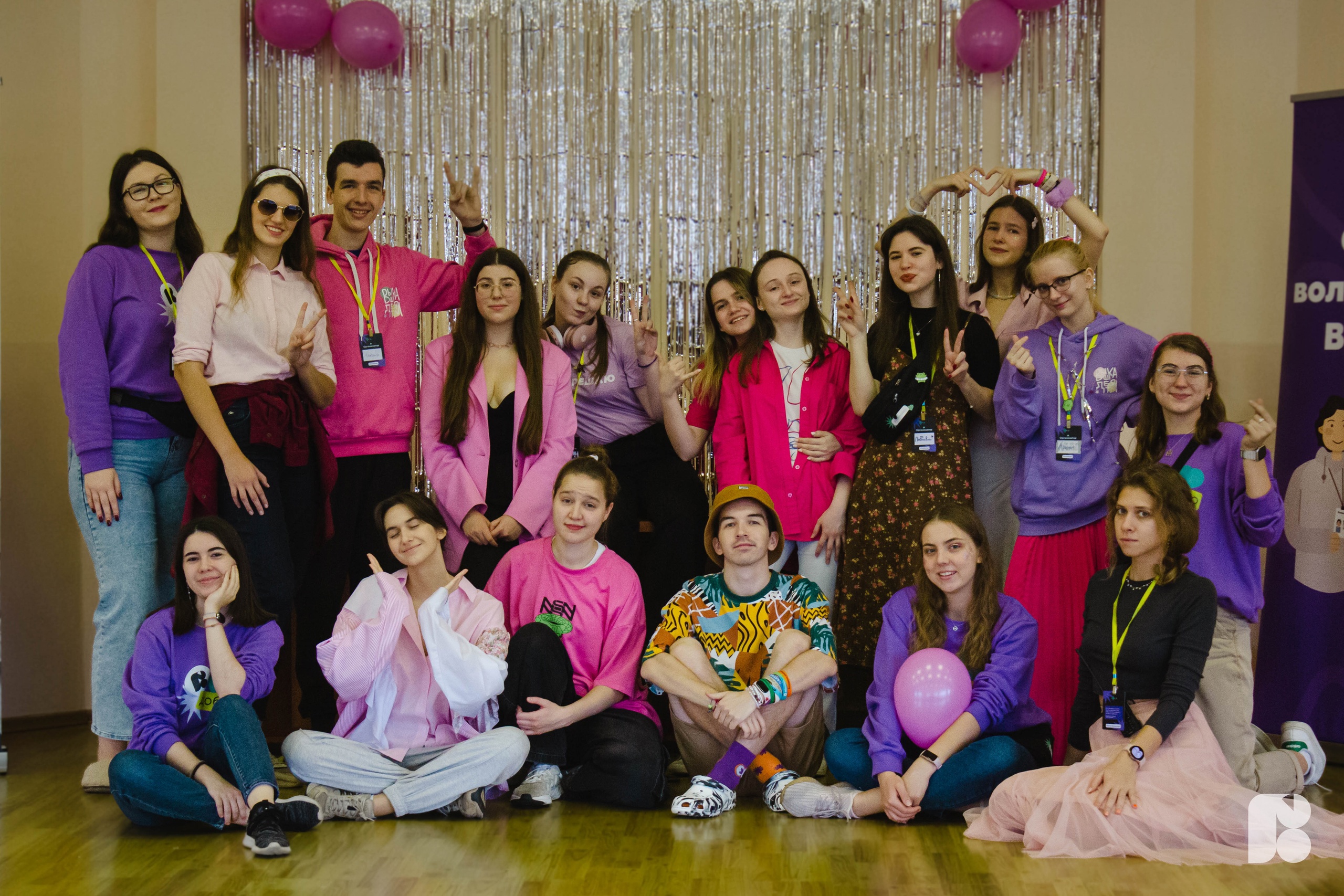Frequently asked questions

Who is a volunteer?
A volunteer is a person who carries out voluntary activities in the form of gratuitous performance of work or provision of services. A volunteer is a person who has found the strength and time to help others.
Who can become a volunteer?
A HSE student, an employee, and even a lyceum student or an HSE graduate can become a volunteer. A volunteer is a person with a big heart, and it doesn’t matter how old you are or what is your nationality.
Keep in mind that most projects take place inside HSE, so you need to have a card pass. But everyone can volunteer in external projects, so bring your friends!
Unfortunately, the majority of our projects and events require pretty good knowledge of Russian language, there are only a few English-speaking options, if you are intrested, don't hesitate to contact one of our employees, their contacts can be found here.
What does a volunteer do?
Every project and every event always has its own tasks, so the functions of volunteers vary. Event projects (forums, conferences, festivals) most often require navigation, meeting and registration volunteers. For consistent projects (for example, intellectual or social volunteering), we often recruit volunteers who help with their skills or knowledge, for example, teach older people foreign languages or teach schoolchildren.
We send volunteers to cool conferences and festivals, our volunteers communicate with people with disabilities, help HSE departments, travel to world-class events, and even go on expeditions to Lake Baikal or Kamchatka. It all depends on your strengths and desires!
Does a volunteer receive credits of other benefits?
No, we do not give credits for volunteering. Volunteer is a person who performs work or provides services. Volunteering is an activity on a gratuitous basis.
Athough, for each volunteering, we will definitely give you the gratitude diploma and put a mark in your Personal volunteer passport, if you have one. Many events also provide other services for volunteers, such as equipment, merchandise or food. Of course, don't forget the experience!
Whom does a volunteer help?
A volunteer helps different people: jrganizers and guests of such large projects as the Yasin conference or Open Days, schoolchildren, the elderly people, charitable foundations, children and even marathon runners!
I have never volunteered before. What do I do?
It's okay! Please fill out the event forms! Don't be afraid, we are always ready to help you and answer any questions before, during and after the project.
For some projects, experience is not needed, anyone can volunteer in them. For other projects, we can arrange briefing or training before the start. Of course, there are projects for which we recruit volunteers with experience, or projects where certain skills are needed, this will always be written in the questionnaire and announcement. In any case, try it!
What else does the Centre do?
In addition to recruiting volunteers for external and internal events, we also help foundations and NGOs, oversee charitable student organizations and initiatives (HSE Green, HSE for Children, Open Your Eyes, Training School, HSE Outreach, etc.) and develop service-learning in the university.
Is volunteering forever?
We hope that it is forever :)
Good things are always nice to do. But sometimes we all get tired. It is important to listen to yourself: if you do not have physical or psychological resources to help someone now, it is better to rest and recover. We'll be waiting for you!
What else do I need to know?
We are against the exploitation of volunteers: we believe that they should not perform the duties of a loader or engage in other heavy physical activity. Also, a volunteer does not have the right to take on material and financial responsibilities: he cannot work in the cloakroom or at the checkout. We always follow the principles of ethical and business communication in our work.
I have more questions. How can I contact you?
You can always write any questions and suggestions to volunteer@hse.ru, our general email address. If you have a question on a specific topic, then contact one of the Center's employees, their areas of responsibility and contacts can be found here.